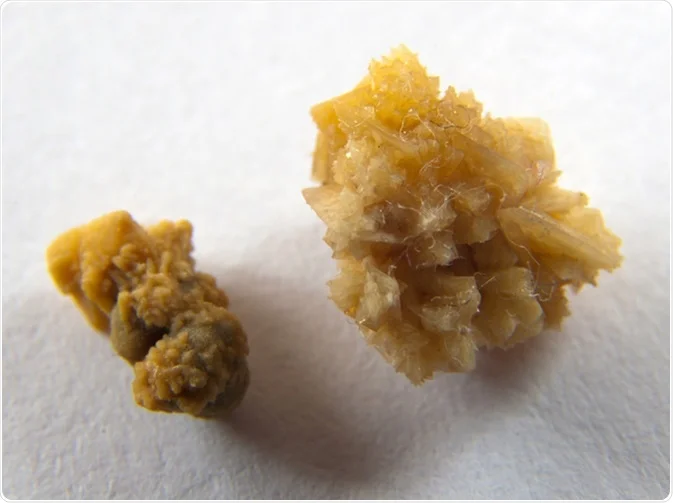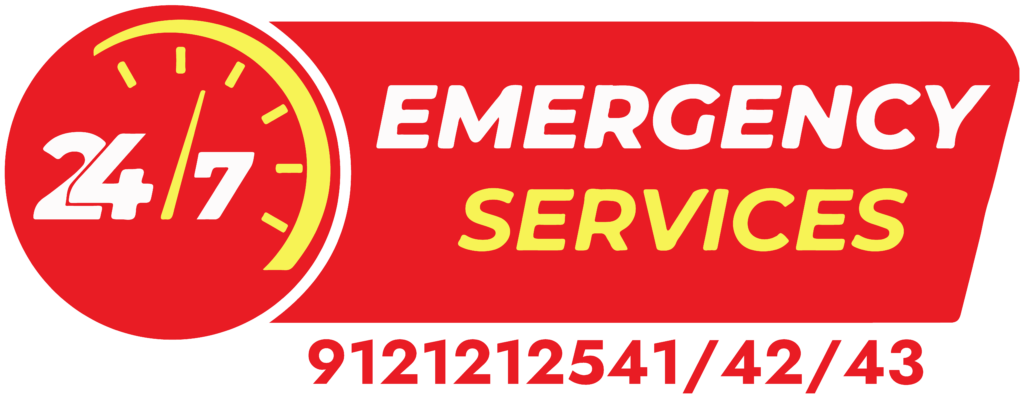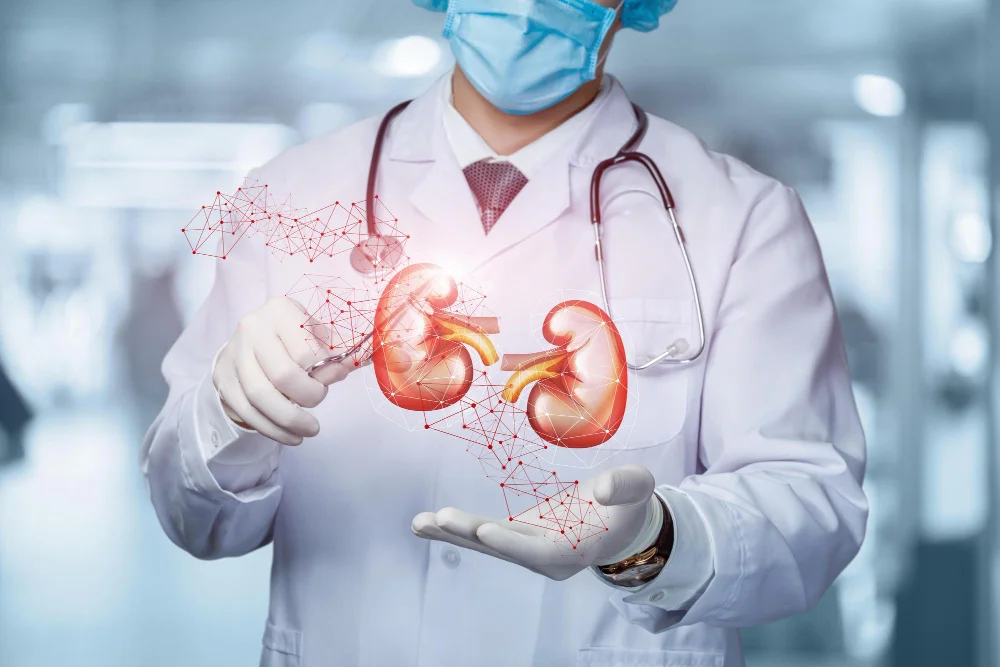Managing kidney stones is a crucial aspect of urological health, especially for individuals who experience frequent or severe episodes of renal discomfort. At River NIMS Hospitals, we focus on both non-invasive and surgical solutions that provide long-term relief and prevention. This guide explores how kidney stones form, how they can be treated naturally, and when surgery becomes necessary.
What Are Kidney Stones?
Kidney stones, also known as renal calculi, are solid masses composed of crystals that typically originate in the kidneys but can affect any part of the urinary tract. These stones vary in size and are formed due to the accumulation of certain substances like calcium, oxalate, uric acid, and phosphate.
Common Symptoms Include:
- Severe pain in the lower back or side
- Painful urination
- Blood in urine (hematuria)
- Nausea and vomiting
- Urgent or frequent urination
- Cloudy or foul-smelling urine
Stones may pass on their own or require medical intervention depending on their size, location, and severity of symptoms.
Causes of Kidney Stones
The root cause of kidney stone formation is often dehydration, but other contributors include:
- Poor hydration habits
- Diets high in sodium, animal protein, or oxalates
- Family history of kidney stones
- Obesity or metabolic disorders
- Certain medications or supplements
- Chronic urinary tract infections
Understanding the underlying cause is essential to choosing the right treatment method.



Natural Methods for Managing Kidney Stones
Natural treatment is suitable for small stones (less than 5mm) that can pass through urine. River NIMS encourages patients to explore non-invasive options before moving to surgical procedures when appropriate.
1. Hydration Is Key
Drinking 2.5–3 liters of water daily helps dilute the substances that cause stones. Adding citrus-based fluids like lemon juice can be helpful because citrate inhibits stone formation.

2. Dietary Adjustments
Avoiding oxalate-rich foods (like spinach, chocolate, and nuts), reducing sodium intake, and maintaining balanced calcium levels are crucial.

- Limit animal protein like red meat and shellfish.
- Include foods high in magnesium and potassium, such as bananas and avocados.
3. Herbal & Ayurvedic Support

Natural herbs like Chanca Piedra (“stone breaker”) have shown promise in breaking down stones and easing passage. Always consult a doctor before beginning herbal treatments.
4. Physical Activity

Gentle exercise, such as walking or yoga, may assist in moving small stones through the urinary tract.
5. Pain Management

OTC medications like ibuprofen or paracetamol can help manage pain during the passing process. However, consistent or severe pain must be evaluated by a doctor.
When Natural Treatments Aren’t Enough
While natural methods are effective for small, non-obstructive stones, they aren’t suitable when:
- The stone is larger than 6mm
- There’s persistent or severe pain
- Urinary blockage or infection is present
- The patient experiences nausea, vomiting, or fever
That’s when surgical or minimally invasive intervention becomes necessary.
Surgical Options for Kidney Stones at River NIMS Hospitals
At River NIMS, our urology department is equipped with advanced, minimally invasive technology for effective stone removal.
1. Shock Wave Lithotripsy (SWL)
This outpatient procedure uses high-energy sound waves to break stones into smaller fragments, allowing them to pass naturally through urine. It’s best for stones <2cm in size.
2. Ureteroscopy
A thin, flexible tube is inserted through the urethra to remove or break the stone using laser technology. It is often used for mid or lower ureteral stones.
3. Percutaneous Nephrolithotomy (PCNL)
Used for large or complex kidney stones, this involves a small incision in the back and direct removal of the stone. Recovery is typically faster than traditional surgery.
4. Laser Lithotripsy
In this advanced method, lasers precisely break stones into dust-like particles. It’s highly effective with minimal complications and a quick recovery time.


Preventing Kidney Stones After Treatment
Prevention is better than cure. After passing or removing kidney stones, here’s how to avoid recurrence:
- Drink water consistently throughout the day
- Limit salt and animal protein
- Eat a diet rich in fruits, vegetables, and whole grains
- Maintain a healthy weight
- Monitor medications and supplements
- Undergo periodic urine and imaging tests
Your urologist may recommend medications like thiazide diuretics or allopurinol depending on your stone type.
Why Choose River NIMS Hospitals for Urological Care?
River NIMS Hospitals is one of Hyderabad’s most trusted names in healthcare. Our Urology Department offers:
- 24/7 emergency services
- Skilled urologists with experience in advanced kidney stone procedures
- High-precision diagnostic tools
- Personalized post-operative care
- Dietary and lifestyle counseling for prevention
From diagnosis to recovery, we ensure every patient receives tailored, compassionate, and effective treatment.
Final Thoughts: Making the Right Choice
Managing kidney stones naturally is often effective for early-stage or smaller stones, while surgical treatments provide fast relief from severe or complicated cases. The right approach depends on the stone’s size, location, type, and your overall health. At River NIMS Hospitals, we guide you every step of the way—from initial symptoms to complete recovery.



